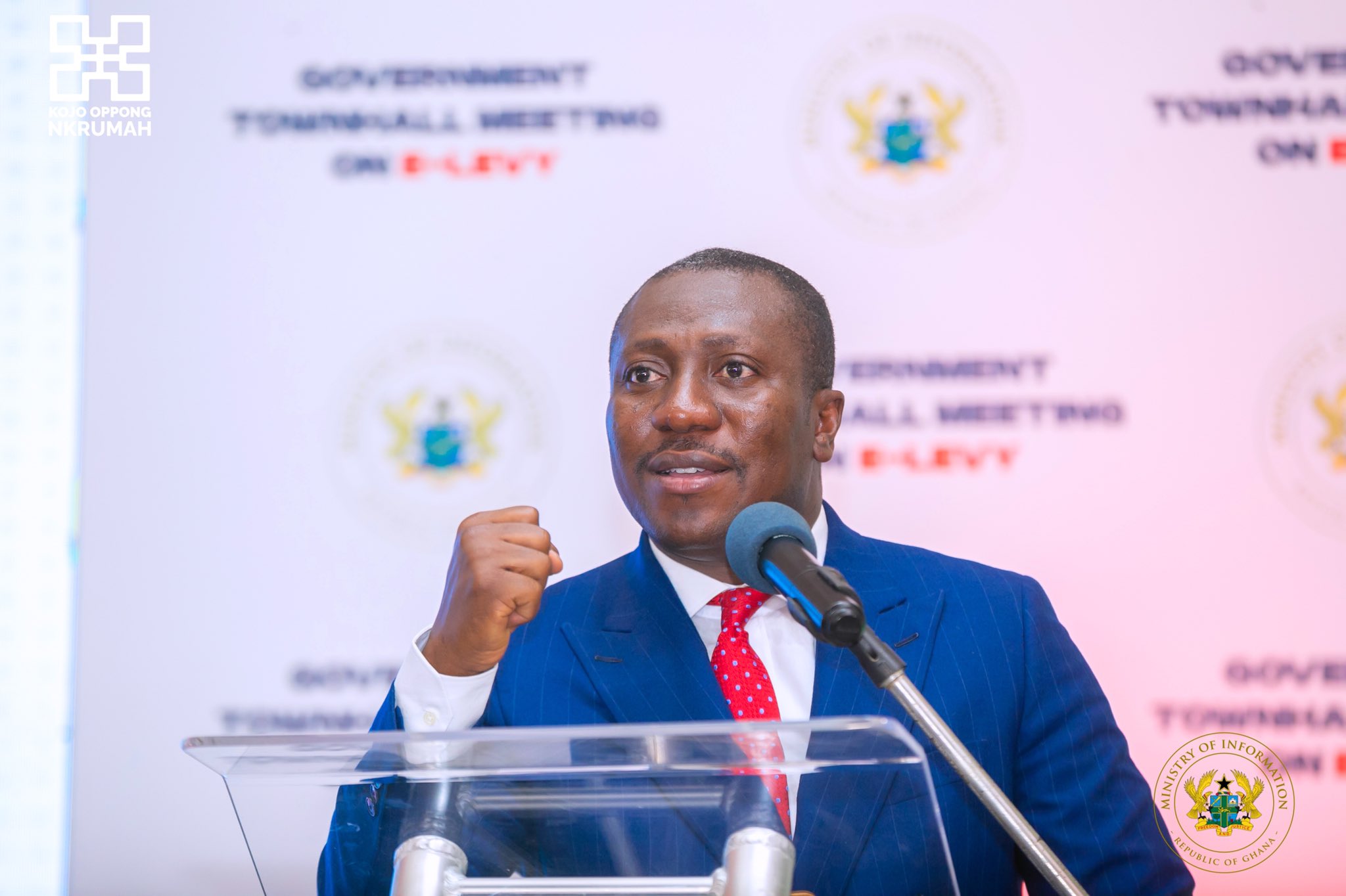
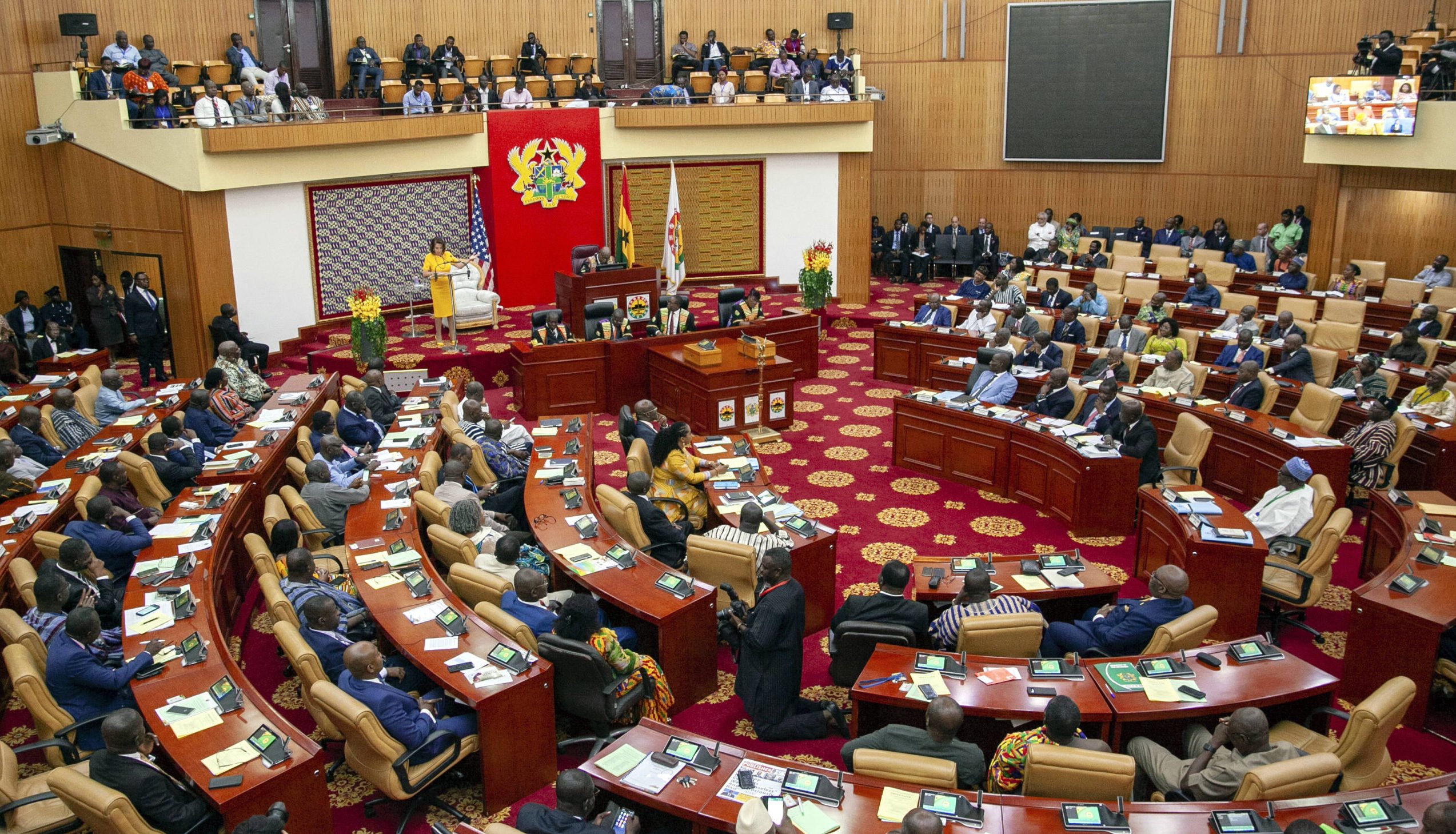
The Majority Leader in Parliament, Alexander Afenyo-Markin, has spearheaded a formal request by the Majority caucus for an extraordinary parliamentary session to address critical national issues, including a $250 million loan from the World Bank.
This move is in accordance with Article 112(3) of the 1992 Constitution and Standing Order 53 of the Parliament of Ghana.
The loan's purpose is to fund the Energy Sector Recovery Programme (ESRP), which aims to reduce electricity purchase costs and improve revenue collection for distribution utilities.
In a memo dated July 31, 2024, the Majority caucus invoked their constitutional and statutory rights, urging the Speaker to reconvene Parliament within seven days.
They expressed their willingness to provide further details or clarifications and requested that the Speaker favorably consider their plea.
To underscore the legal foundation of their request, the caucus cited Article 112(3) of the 1992 Constitution and Standing Orders 53(1), 53(2), and 58(4).
Parliament had adjourned sine die on July 30, 2024, with these items already scheduled for discussion.
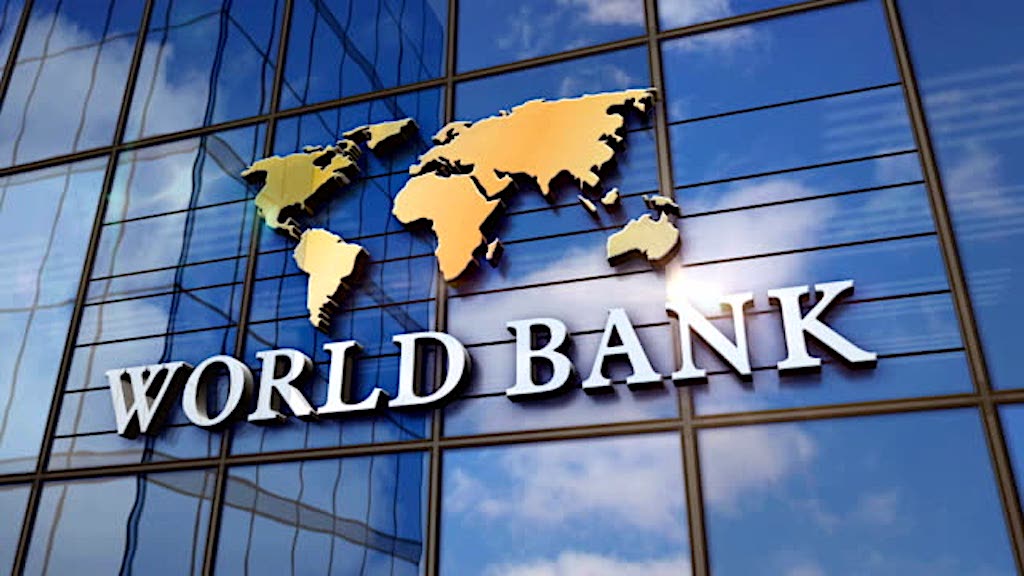
The caucus emphasized the urgency of these matters, arguing that reconvening Parliament is essential to fulfilling its constitutional duties and serving the interests of the Ghanaian people.
However, the Minority in Parliament opposed the $250 million loan deal, which was intended to support the Ghana Energy Sector Recovery Programme (ESRP).
The World Bank had approved the loan on June 12, 2024, including a $250 million credit from the International Development Association (IDA) and a $10 million grant from the Energy Sector Management Assistance Program, pending parliamentary approval.
The loan aims to enhance the financial viability of electricity distribution and expand access to clean cooking solutions.
The World Bank's report highlighted significant electricity distribution losses in Ghana due to low collection rates and below-cost recovery tariffs, which undermine the operational and financial performance of energy utilities.

The Government of Ghana currently transfers about 2% of GDP annually to cover the energy sector's financial shortfalls.
Speaker of Parliament Alban Sumana Kingsford Bagbin had adjourned the House sine die, prompting disappointment from Alexander Afenyo-Markin.
He criticised the unexpected adjournment, noting that the Speaker did not deliver closing remarks, nor did the two Leaders, which is the customary practice.
Afenyo-Markin expressed his dissatisfaction with the Speaker's decision to adjourn without adhering to established conventions before the recess.
Read Full Story


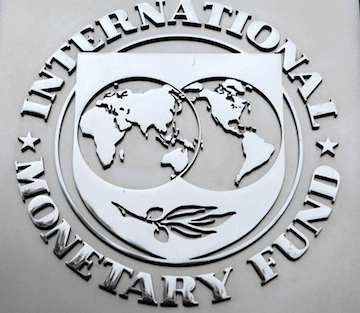
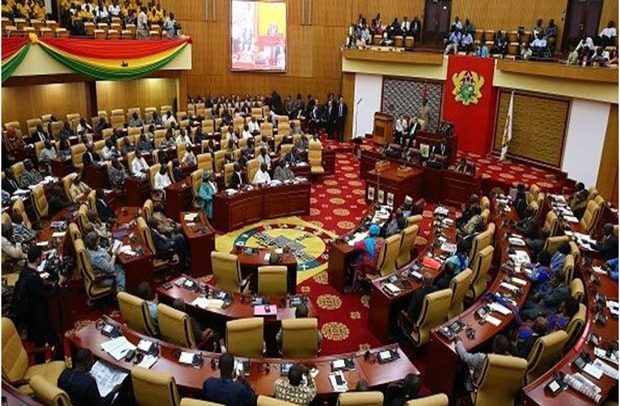
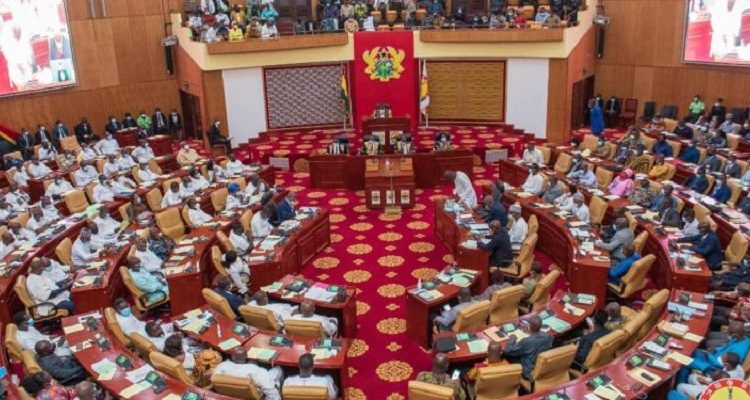

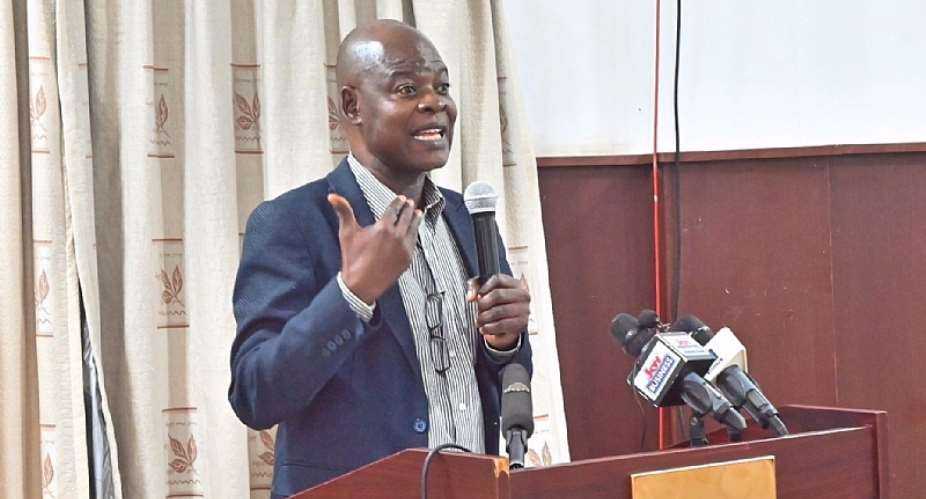


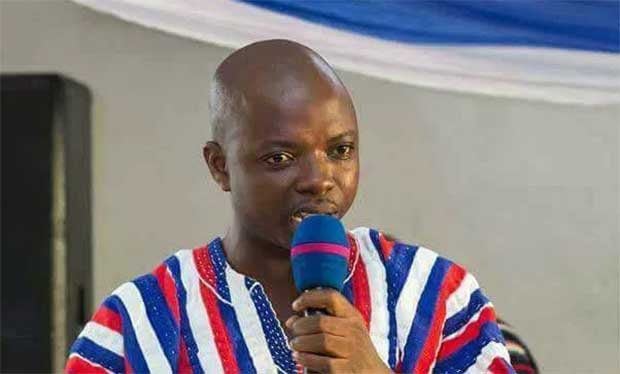




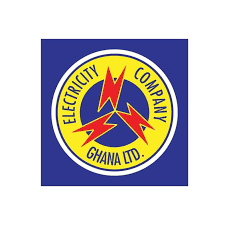



Facebook
Twitter
Pinterest
Instagram
Google+
YouTube
LinkedIn
RSS